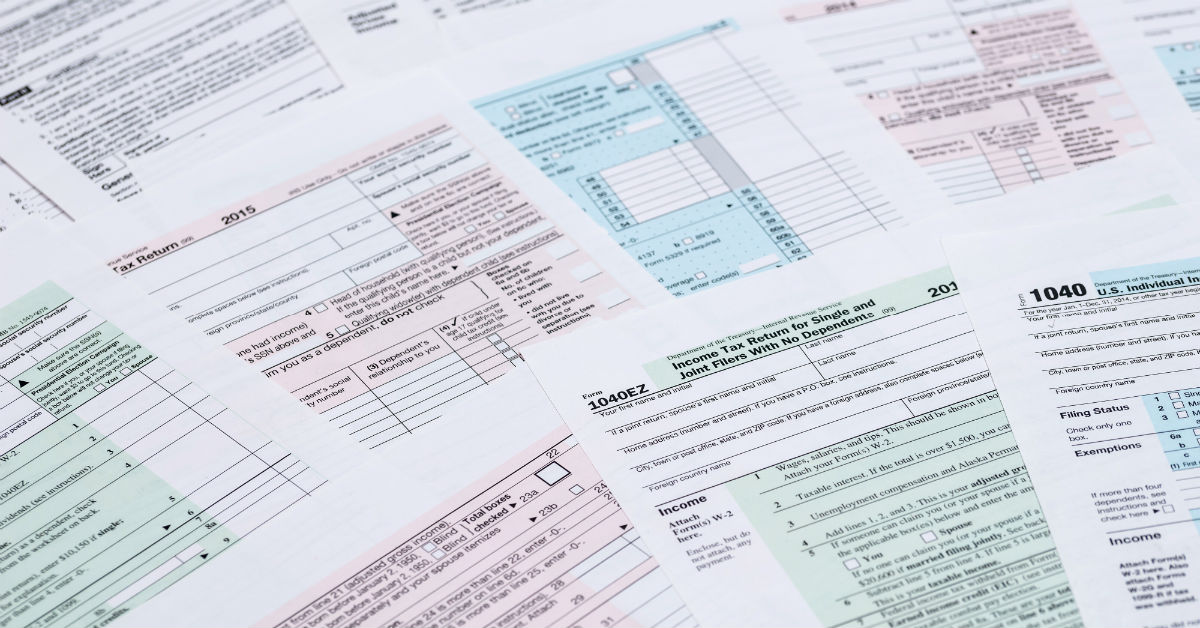
If you’re running a non-profit organization, you might have a lot of questions about tax-exemptions, IRS regulations, and what you are — and are not — required to file. Many non-profits are exempt from paying federal taxes, but contrary to popular belief, not all of them are.
If your organization is tax exempt, does that mean you aren’t required to file a yearly return? Not necessarily. And if you do need to file, you probably wonder which forms should you use and when they are due. For clarification, always speak to an accountant or CPA; they can ensure you have the proper structure to maintain tax-exempt status. However, here are some of the basic requirements when it comes to non-profits and the IRS.
Do You Need to File?
As a rule, the vast majority of non-profit organizations are still required to file yearly tax returns. Why? Because although most of them are tax-exempt and don’t pay federal taxes, they are still required to provide certain information to the IRS to keep that tax-exempt status in force. This informational return is filed using IRS form 990.
About Form 990
It’s vital that non-profit organizations file IRS form 990 on a yearly basis. This form helps the IRS verify and evaluate the operations of any non-profit, ensuring the laws governing these organizations are being followed. Form 990 includes important data about the organization’s finances, mission, and the programs they support.
There are different variations of form 990. They include plain 990, 990-EZ and 990-N. Which version you should are required to file depends on gross monetary receivables and what year you are filing. Most tax-exempt organizations should file form 990, with some exemptions such as state institutions and churches. Every private foundation classified as a 501(c)(3) should also file a 990, as should 527 political organizations.
Which 990 Should I File?
If you aren’t sure which form 900 you should be filing, the IRS can provide some guidance. However, here are some of the basics:
- For private foundations, use form 999-PF
- If your gross receipts are over $50,000, use form 990 or 990-EZ
- If your gross receipts are under $50,000, file 990-N (e-Postcard)
Could I Be Exempt?
As stated above, most non-profit, tax-exempt organizations are still required to submit annual tax returns, at least for evaluation purposes. But generally speaking, the following types of non-profits are not required to file:
- Government operations
- State programs that provide essential services
- Subsidiaries of other non-profit groups (usually, the return will be submitted by the parent organization)
- Religious organizations like churches, missions or missionary organizations, and religious schools
While these are the basics, any non-profit should check with their accountant and/or the IRS to ensure they are filing all necessary paperwork and doing so with complete accuracy. For the sake of public trust and information, non-profit organizations are actually required by law to make their IRS Form 990 available for public view during business hours.
When to File Form 990
When your return is due will depend on the taxable year of your organization. Your form must be submitted by the 15th day of the 5th month after the close of your tax year. So if you are following the calendar year ending December 31st, you’d need to file your 990 by May 15th.
If you file your form 990 every single year, you can avoid certain IRS fees and extra paperwork. On the other hand, if you do not file for 3 consecutive years, your tax-exempt status will be rescinded by the IRS. In fact, thousands of non-profit organizations lose their tax exemption every year because they haven’t filed their 990. There is no appeal process if this happens to you, meaning you’ll likely to be required to pay income tax.
Don’t Leave Your Tax-Exempt Status to Chance
If you’re running a non-profit organization, the last thing you want to do is risk having to give much-needed funds to the government in taxes. This is why is so important to make sure you know the laws and follow them precisely. The IRS has provided instructions for form 990. However, for clarification and practical knowledge, it’s always best to consult a qualified tax professional who is well-versed in the tax requirements for charitable organizations.






Speak Your Mind